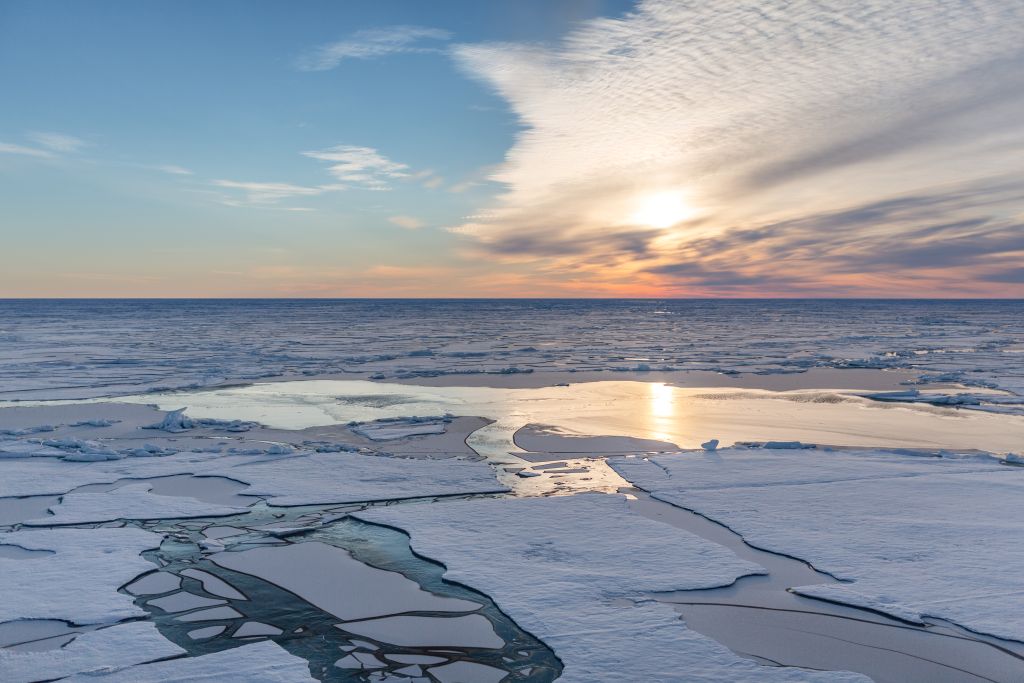HiAOOS joins forces with UAK to explore environmental impact assessment

There is increased focus on assessing how field-based research activities have impact on the environment in the Arctic, and what actions should be taken to reduce the impact of vessels, aircraft, land stations including numerous instruments and tools. In many projects it is required to carry out an environmental assessment before the field research is conducted to ensure that instruments and platforms are operated with minimum impact on the marine, atmospheric and terrestrial environment. Various science disciplines are developing best practices and guidelines how used to conduct responsible research in the Arctic.
HiAOOS linked up with the Useful Arctic Knowledge (UAK) project recently in the organisation of a workshop on environmental impact assessment (EIA). The workshop, organised by Nansen Environmental and Remote Sensing Center (NERSC), took place in Bergen, from 27-28 September, 2023, and included participants from both project as well as some additional guests.
The workshop included presentations on environmental assessment by Norwegian governmental institutions and by research institutes working in the Arctic. Kathleen Vigness Raposa from INSPIRE Environmental, with many years experience in assessment of acoustic sources in the ocean, gave a course as preparation for upcoming field experiments in UAK and HiAOOS. The workshop also addressed ethical aspects of Arctic field research.
This workshop was part of the preparatory work in HiAOOS for a field-based EIA to ensure that the acoustic instruments, mooring hardware, and icebreaker operations have minimal impact on marine life. This EIA is scheduled to take place in 2024. This is part of HiAOOS specific objective of reducing the environmental impact of Arctic observing.
UAK is a project focused on training, collaboration, and innovation in ocean observing that aims to expand and deepen long-term collaboration in research and education between Norway, USA and Canada. UAK is funded by the Research Council of Norway under the INART programme 2023-2027.
*Photo: Frozen and snow-covered meltwater ponds on Arctic sea ice. Copyright: Alfred-Wegener-Institut/Stefan Hendricks CC-BY 4.0